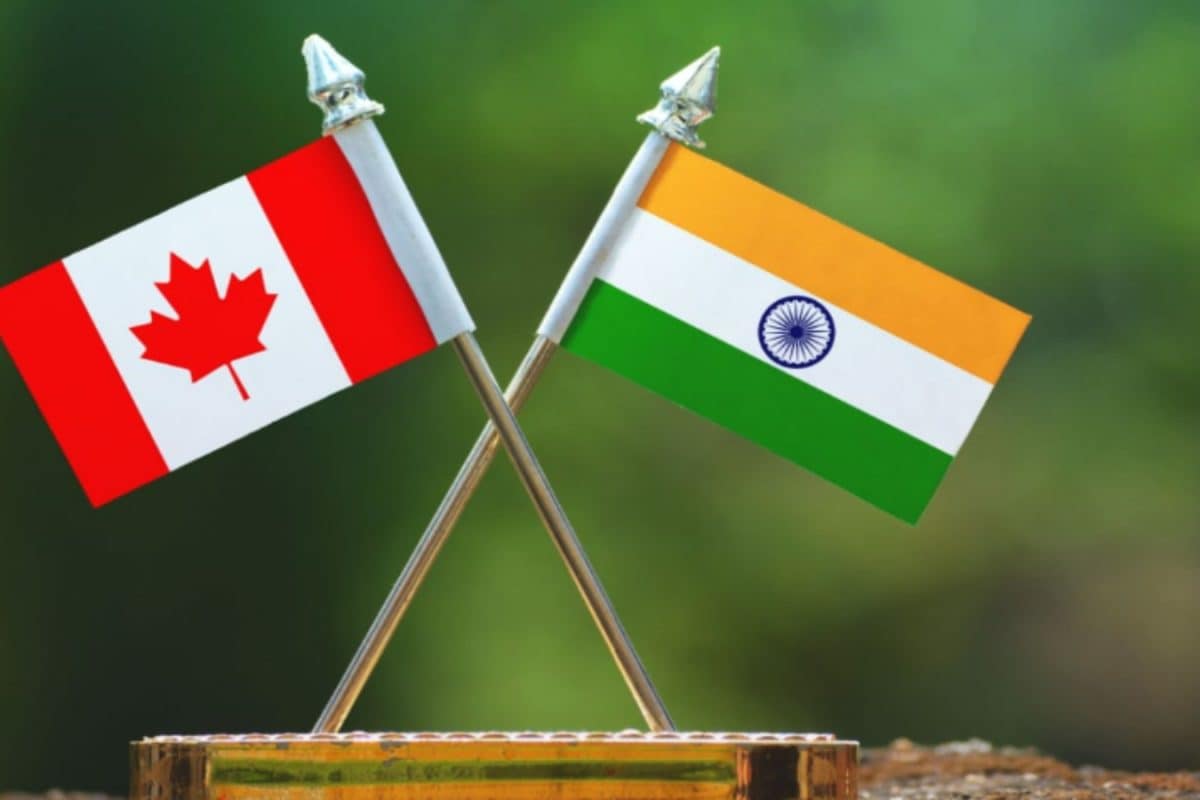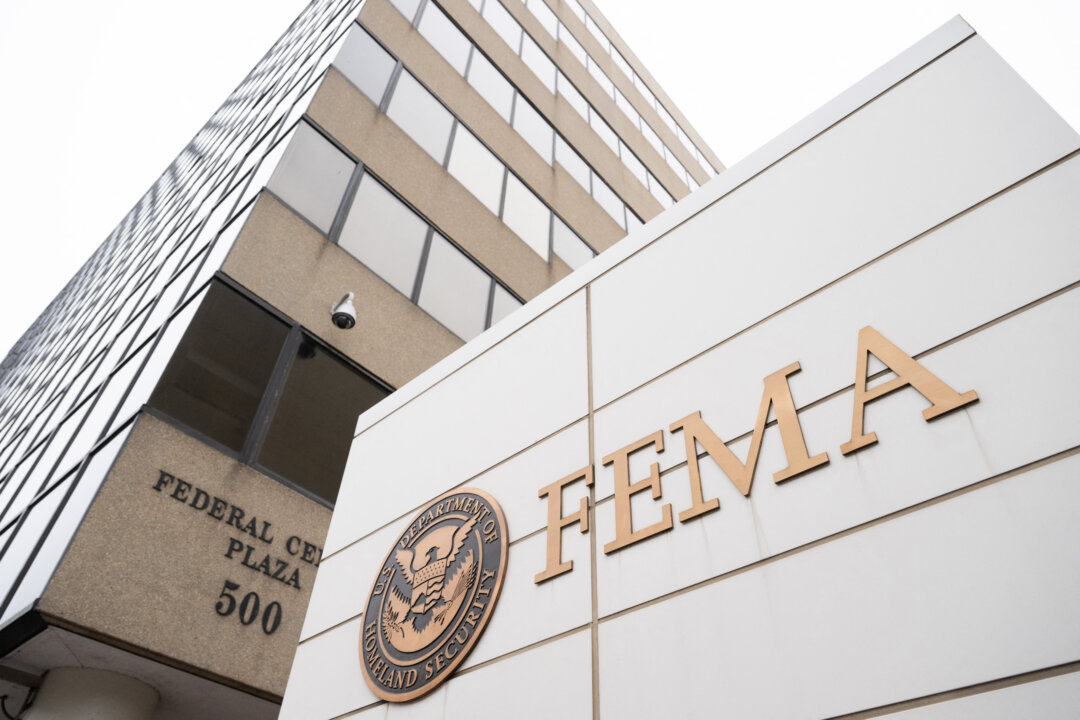Our growing economy, regional influence, demographic strength, and commitment to reforming global governance make India far too important for Canada to overlook or marginalise For much of the past 80 years, Canada’s place in the world — as a middle power anchored in the North Atlantic alliance — has been shaped by its proximity to the United States and its integration with Western institutions. But as global power dynamics shift and uncertainties multiply, it is time for Canada to re-evaluate its assumptions — and one of those must include a pragmatic and forward-looking approach to India. Whoever forms the Canadian government after the April 28 election must come to terms with a new global reality: India is not just a rising power but an essential partner in shaping the emerging world order.
Our growing economy, regional influence, demographic strength, and commitment to reforming global governance make India far too important for Canada to overlook or marginalise. Two decades ago, India’s economy was smaller than Canada’s. Today, it is almost twice its size, and already the world’s fifth-largest economy, en route to becoming the third.

Alongside this economic ascent, India has steadily emerged as a geopolitical actor — confident, self-reliant, and increasingly central to the Indo-Pacific’s future. Any serious Canadian engagement with Asia must begin with understanding India on its own terms — its history, aspirations, and the democratic dynamism that drives it. Yet, India-Canada relations remain underdeveloped and politically vulnerable, in part because of Canada’s inability to distinguish between domestic political considerations and strategic imperatives.
This was evident in the aftermath of allegations related to the June 2023 killing of Khalistani extremist Hardeep Singh Nijjar. India has consistently affirmed the importance of due process and the rule of law — but the entire bilateral framework cannot be hostage to a single unresolved incident. Mature diplomacy demands that investigations proceed without prejudgment or political posturing, especially when broader global realignments call for renewed cooperation.
Canada today faces an increasingly uncertain alliance with the United States, a strained relationship with China, and a rapidly evolving Indo-Pacific theatre. In this landscape, India represents a stabilising and reformist force, committed not to tearing down the rules-based order but modernising it to reflect 21st-century realities. Canada must take this opportunity to reimagine its partnerships — not only to preserve its own sovereignty and prosperity but to remain relevant in a shifting global order.
The Indo-Pacific is not an abstraction. It is the centre of economic gravity, technological innovation, and geopolitical contestation. India’s vision of a free, open, inclusive, and rules-based Indo-Pacific aligns with Canada’s interests.
If Ottawa seeks to be more than a reactive player in this region, it must re-engage India through a lens of strategic trust, shared interests, and institutional cooperation. Canada’s default posture — still largely Atlanticist in mindset — has failed to reflect the people-to-people linkages with India, which are among the strongest Canada has with any country outside the West. Indian students, immigrants, professionals, and entrepreneurs have deeply enriched Canadian society.
Yet, political leaders in Ottawa have often viewed India through outdated stereotypes, moralistic frameworks, or, worse, as a political wedge issue. Understanding India means acknowledging its complexity, democratic depth, and evolving worldview. It also means engaging with India’s aspirations without condescension.
India is not China. It is an open society, with a vibrant press, an active civil society, and a robust electoral democracy. Criticism, when needed, must be informed, respectful, and contextual — not performative or adversarial.
India’s rise is not without challenges, and no partnership is without friction. But we believe that Canada has much to gain from a deeper strategic relationship with India — in technology, education, clean energy, multilateral reform, and supply chain resilience. Canada should take note of other middle powers, like Australia, which have managed to balance alliances with Washington while building substantive partnerships across Asia, including with India.
It is no longer tenable for Canada to have dysfunctional relationships with both India and China — the world’s two most populous nations and future economic giants. Unlike China, India offers a convergence of democratic values, pluralistic traditions, and global ambitions rooted in cooperation rather than confrontation. Canada must recalibrate its Indo-Pacific approach to reflect this distinction.
As Professor T.V. Paul aptly notes, “India is the pivotal state to prevent hegemony of any single state in the Indo-Pacific.
" For Canada to meaningfully contribute to regional stability, it must recognise India not as a challenge to manage but as a partner to empower. India is prepared to engage — strategically, constructively, and pragmatically. The question is whether Canada is ready to match that seriousness.
The future of our relationship depends not on the weight of old grievances, but on the vision and courage to shape a new partnership — one that serves both nations in a world of shifting certainties. Views expressed in the above piece are personal and solely those of the author. They do not necessarily reflect News18’s views.
.
Politics

Opinion | Reframing India-Canada Relationship: A Strategic Opportunity For A Shifting World Order

Our growing economy, regional influence, demographic strength, and commitment to reforming global governance make India far too important for Canada to overlook or marginalise















